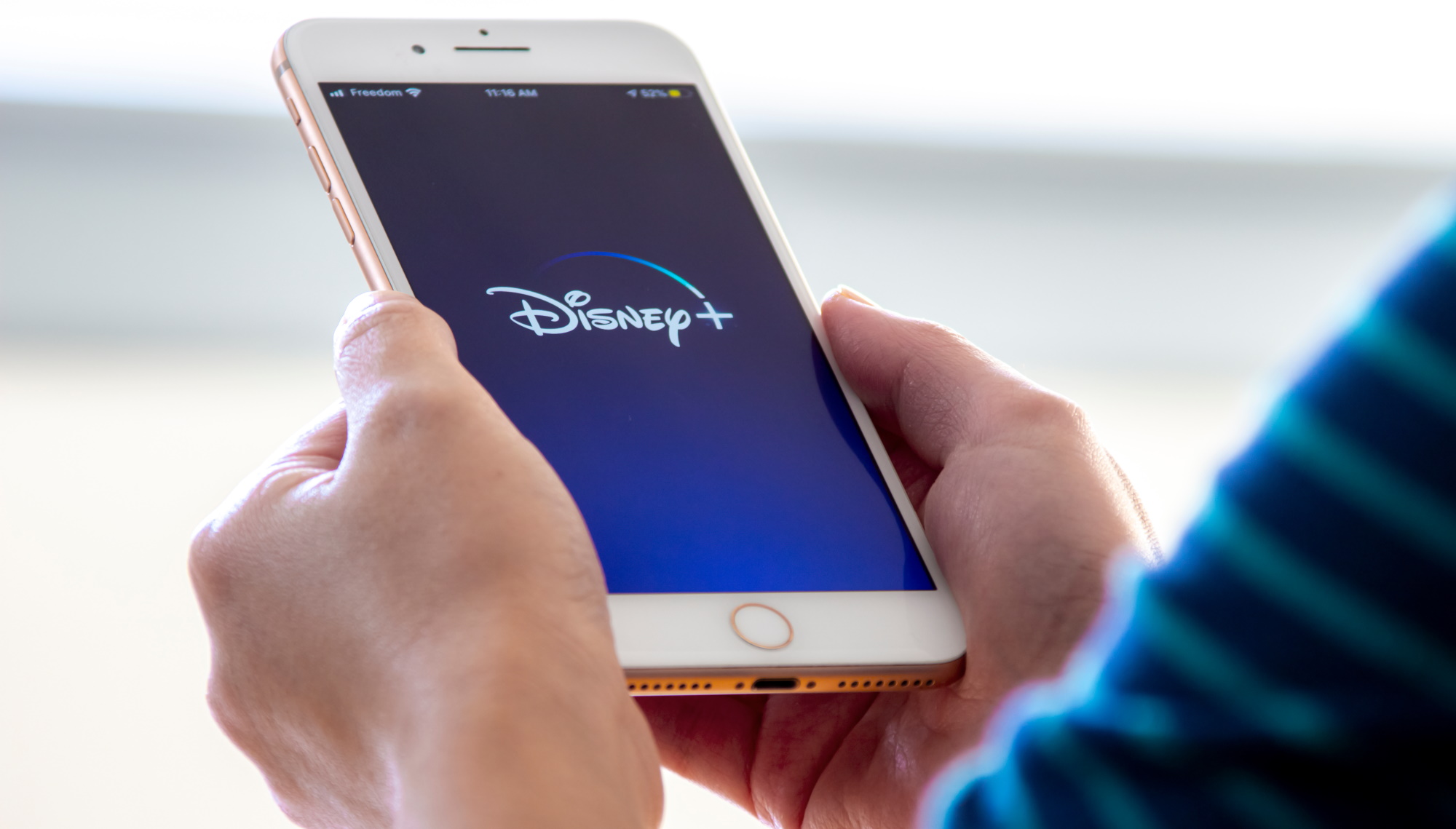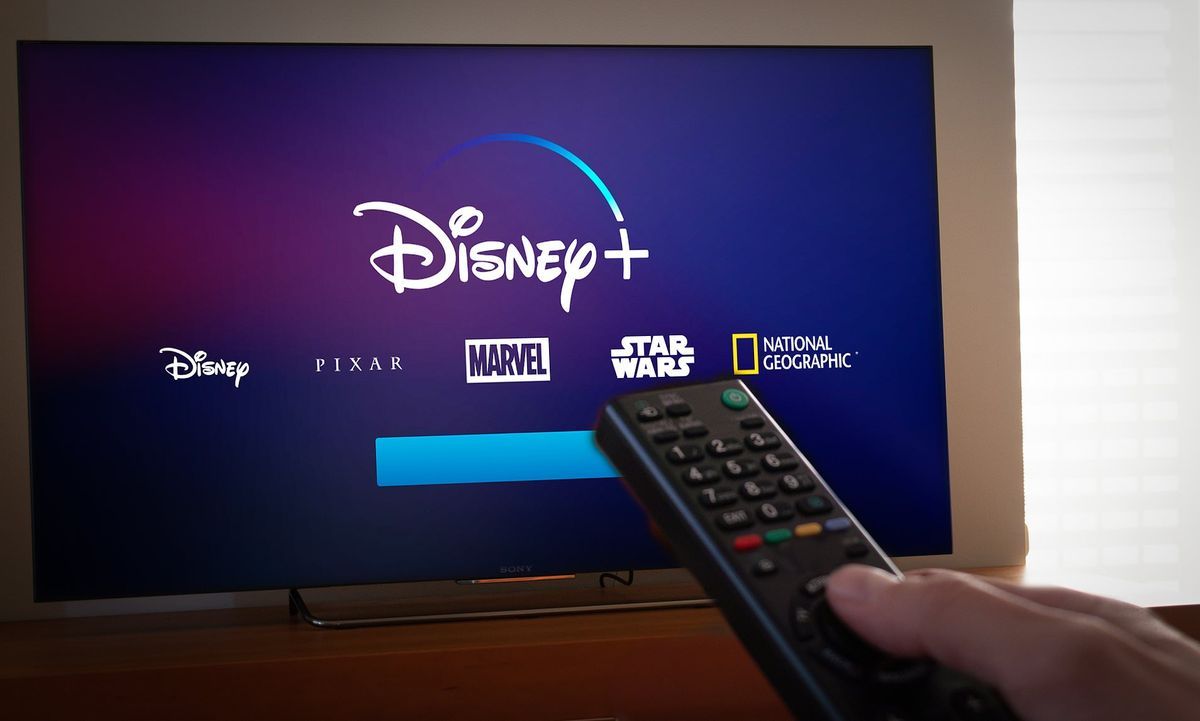Well, it's finally happening. After months of predicting when Disney Plus' password restriction would begin, we finally know when it will happen: September 2024.
Announced by Disney CEO Bob Iger during the entertainment giant’s Q3 2024 earnings conference call (thanks to The Motley Fool for the quote transcribed below), you will no longer be able to use your family members’ or friends’ Disney Plus accounts for free starting next month (at least for anyone reading this at the time of writing) onward.
“We started our password sharing initiative in June,” Iger told stakeholders on the call. “This will start rolling out, in earnest, in September.”
Disney initially said it would ban account sharing back in June, but it turns out many of us weren’t affected because only a few countries were impacted by the mid-2024 move (the US wasn’t one of them). Now, however, the rest of Disney Plus’ global fanbase will be banned from sharing accounts across households. Well, unless the primary account holder adds you as an additional member on their monthly or annual subscription, which will force them (or, rather, you) to shell out an additional fee that’s yet to be revealed.
Why is Disney cracking down on account sharing?
There’s one big reason: money. By cracking down on password sharing between households, non-primary account holders will be forced to do one of two things: sign up for their own account or ask a family member or friend to pay for the extra membership feature introduced in February so they can keep watching the best Disney Plus movies and shows in a different residential building.
From a business perspective, Disney’s decision to prevent unsolicited password sharing makes sense. It needs to make money to appease not only its shareholders, but also to make new movies and TV series and pay its employees. And, with Netflix enjoying a huge boost in its user base after the streaming giant rolled out its own anti-password crackdown in May 2023, Disney wants a piece of the action, especially as it attempts to rein in its main rival from a subscriber standpoint.
Unfortunately, these costs are inevitably passed on to consumers. But, like Netflix, Disney has a couple of workarounds it hopes will appease consumers who will be upset by the impending password crackdown. For one, in late 2023, it introduced an ad-supported tier for those working on a tight budget – you can read our Disney Plus pricing guide for more details on how much its various subscriptions cost. The entertainment giant also recently partnered with Hulu and Max to create a new streaming bundle that will save you money in the long run, as you won’t be paying for three separate subscriptions. Disney, then, will claim it’s doing right by customers by offering these cheaper alternatives.
A series of exasperating decisions and price increases

Still, the upcoming password restriction doesn’t sit well with me. Admittedly, I am in the privileged position of being able to request free press screenings for Disney Plus-branded content and receive invitations to attend press screenings for the company’s range of new cinema-exclusive films, such as those produced by Marvel, Pixar and 20th Century Studios. So, as a UK resident, this restriction on shared accounts – coupled with yesterday’s (6 August) news that Disney Plus, Hulu and ESPN are all undergoing price increases in the US – won’t affect me as much as others.
That doesn’t mean I don’t think it’s right, though. Once Disney Plus’ monthly and annual fees go up again in the US in mid-October, it will have doubled in price in just four years. Frankly, that’s a slap in the face for hard-working people who, after a long day at their jobs, simply want to come home and watch the next big TV show or movie (with their family, friends, partner, or kids) on a platform without paying a fortune. Soon, you won’t be able to share your account with the same people, in a different household, without shelling out more money, which makes things even more frustrating.
As Iger himself noted as part of Disney's major Q3 2024 executive statement, a film like Deadpool and Wolverine Disney can make nearly $900 million in less than two weeks, so it's not short of money. And yet it has the nerve to tell the very people who spend their hard-earned money on its movies and TV shows that it's going to stop them from sharing accounts in the near future. Oh, and soon they'll also have to pay even more each month for the privilege of streaming its supposedly unparalleled content. Don't listen to me.









